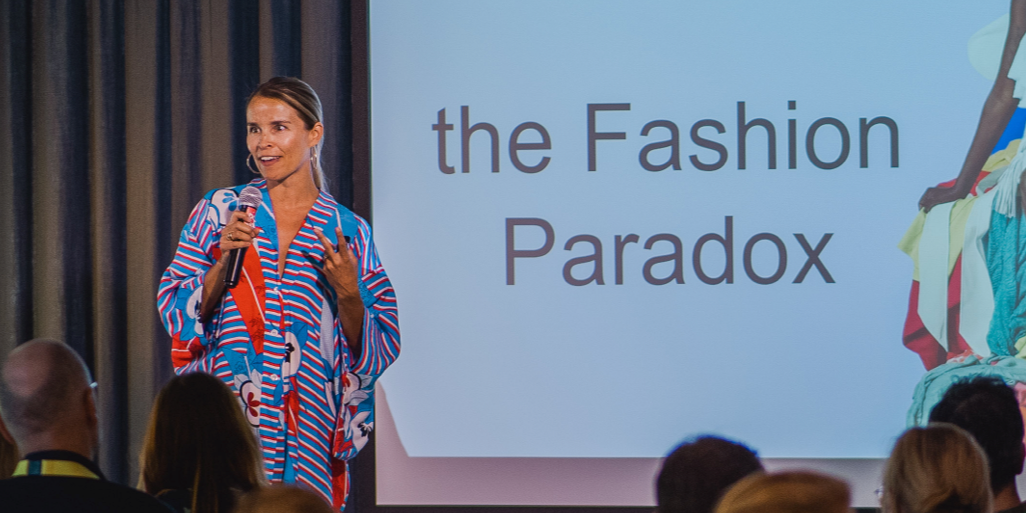En route to a circular fashion sector | How tech can help fashion change its age-old ways

1) Guesswork leads to overproduction, but fashion brands can go digital to minimise it.
Taking a garment from the design stage through prototyping, sampling and mass production to retail takes up to a year.
By digitising design tools and doing away with physical prototypes, fashion brands can eliminate significant fabric waste from samples that need sign-off before landing in showrooms for buyers to touch and feel before purchasing.
And by embracing generative AI and 3D design, fashion companies can also create marketing materials and digital experiences that take the guesswork out of production by getting immediate feedback from individual consumers and procurement professionals.
2) People are obsessed with novelty, and that needs to stop.
While technology can make the fashion value chain more efficient and less wasteful, behavioural change remains critical. In the words of Anne-Christine: “We need to wean people off the obsession with ‘new’ – both for the industry and the consumer.”
The rise of platforms such as Vinted has been establishing resale as a genuine alternative to the fast fashion cycle.
But all the optimism and positive developments can’t compensate for the fact that resale only accounts for 10% of the current apparel market.
In Anne-Christine’s view, we need all the brands to step up to the plate. Chanel, for instance, plans to decouple revenue growth from sales volumes to encourage consumers to buy fewer items of more lasting quality.
3) We need innovation, regulation and collaboration to make fashion and textiles circular and inclusive.
Ever the optimist, Anne-Christine believes we can revolutionise this industry. “Fashion hasn’t been touched by tech, and we need to help the sector through this change,” she explains.
Startups play a significant role in innovation – not just on the tech side, but also in processes such as new ways of recycling.
Governments can introduce regulations that de-incentivise the mass production of fast fashion and incentivise circular business models, which brands don’t yet see as profitable – especially in uncertain times.
And all parties in the fashion textile ecosystem can increase their collaboration efforts and leverage the talents of designers, researchers, entrepreneurs and many other experts to help change mindsets.
To end, in Anne-Christine’s words, “Revolutions are ignited; they don’t just start.” So let’s get to work.